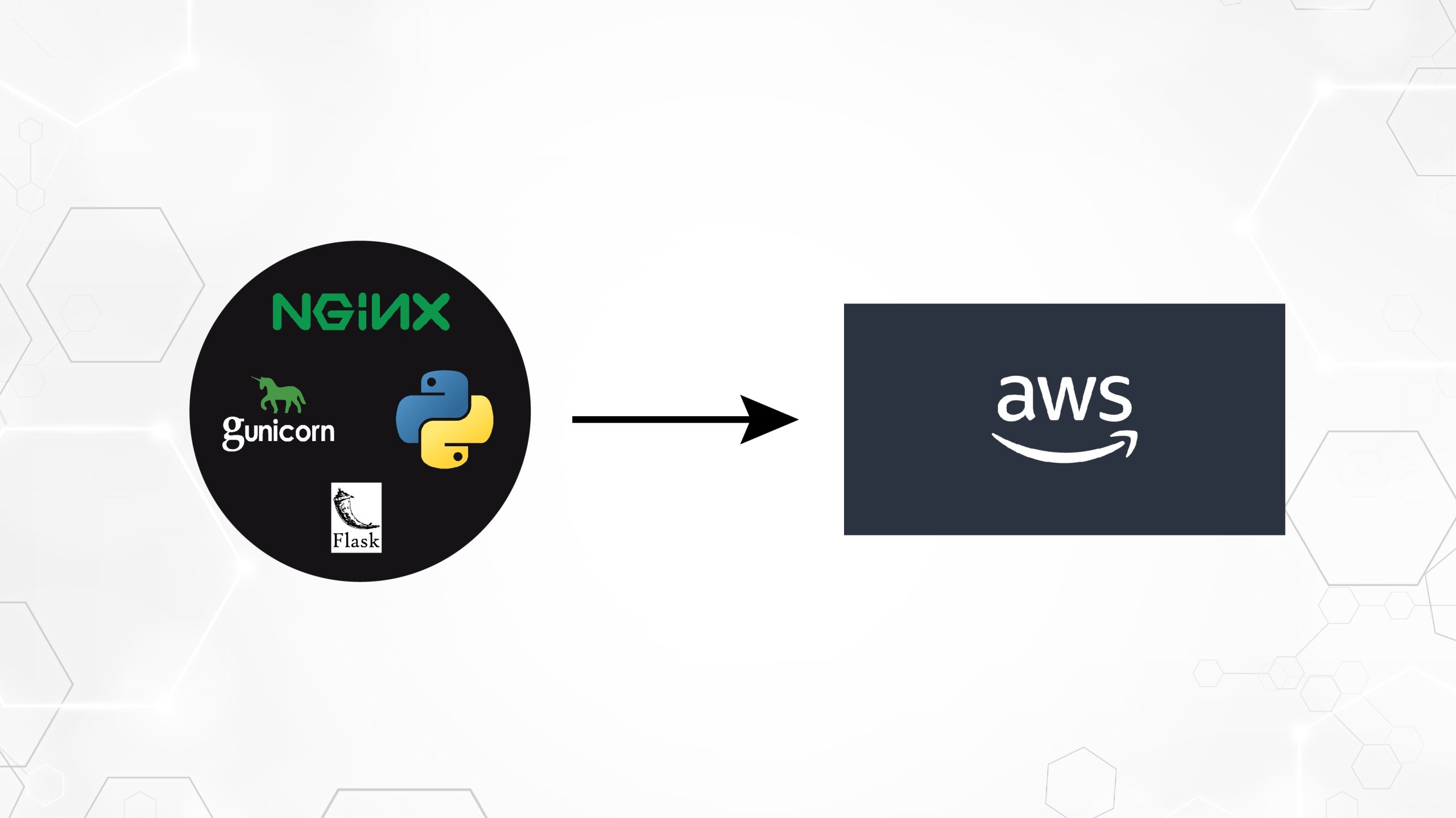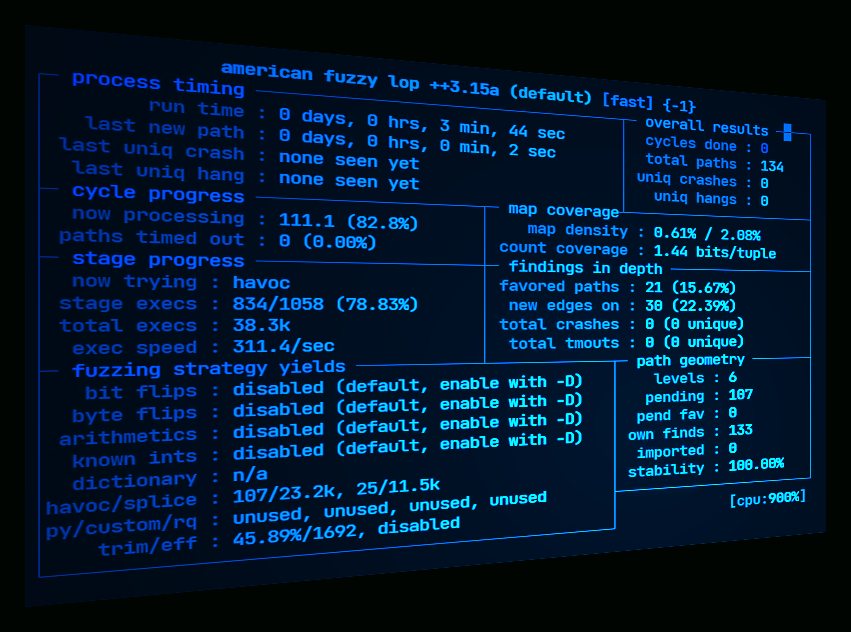According to Chandigarh Renewable Energy Science and Technology Promotion Society (CREST), as many as 421 cases had been pending with them where residents of the city had not received their subsidy despite installing solar power plants
The Central government has cleared pending subsidy dues for Chandigarh UT administration, amounting to Rs 3.25 crore, to be paid to the residents who had installed rooftop solar power plants in 2019.
The Chandigarh Renewable Energy Science and Technology Promotion Society (CREST) had drafted and sent the case for the pending subsidy due for residents, according to details in a communication that administration officials in Chandigarh received on Monday.
Due to a lack of available finances, CREST officials have so far been unable to compensate UT inhabitants for the installation of solar power plants. According to CREST, as many as 421 cases had been pending with them where residents of the city had not received their subsidy despite installing solar power plants.
According to officials, the Centre increased the subsidy amount to 40 per cent for residents installing solar plants of up to 3 kWp on their rooftops in August 2019 in order to promote green energy in Chandigarh. The sum will be released starting next month, as per the officials. They stated that the subsidy would be released to house owners in the first week of August with the Centre today having cleared Rs 3.25 crore for disbursal.
The Centre’s Monday decision brought a sigh of relief to a number of UT residents who had been visiting CREST’s office for the previous four years in order to receive their promised dues.
According to existing regulations, residents were required to pay the whole cost of solar power plants before receiving the subsidy amount, which was to be deposited to their accounts within a month.
Among all the states and UTs in the nation, Chandigarh is now the first to have implemented the RESCO concept. A third party currently constructs, runs, and transfers solar power plants on customers’ properties under the Renewable Energy Services Company (RESCO) model, in addition to paying for the system’s installation and commissioning costs. In accordance with the model, the electricity produced by these power plants is initially to be supplied to and consumed by the homeowner, with any excess electricity being fed into the public grid.
According to the terms and conditions, homeowners must provide the company space on their rooftops in exchange for electricity throughout the build-operate-transfer period at a cost of Rs 3.23 per unit.
This model was approved in January of this year after a petition was submitted to the JERC by the Chandigarh Renewable Energy Science and Technology Promotion Society (CREST), which has been designated as an executing agency for renewable energy projects of the Department of Science and Technology, UT.
Under the new model, the house owner will have to provide nearly 500 sq ft of space for the installation of a 5kWp solar plant.









